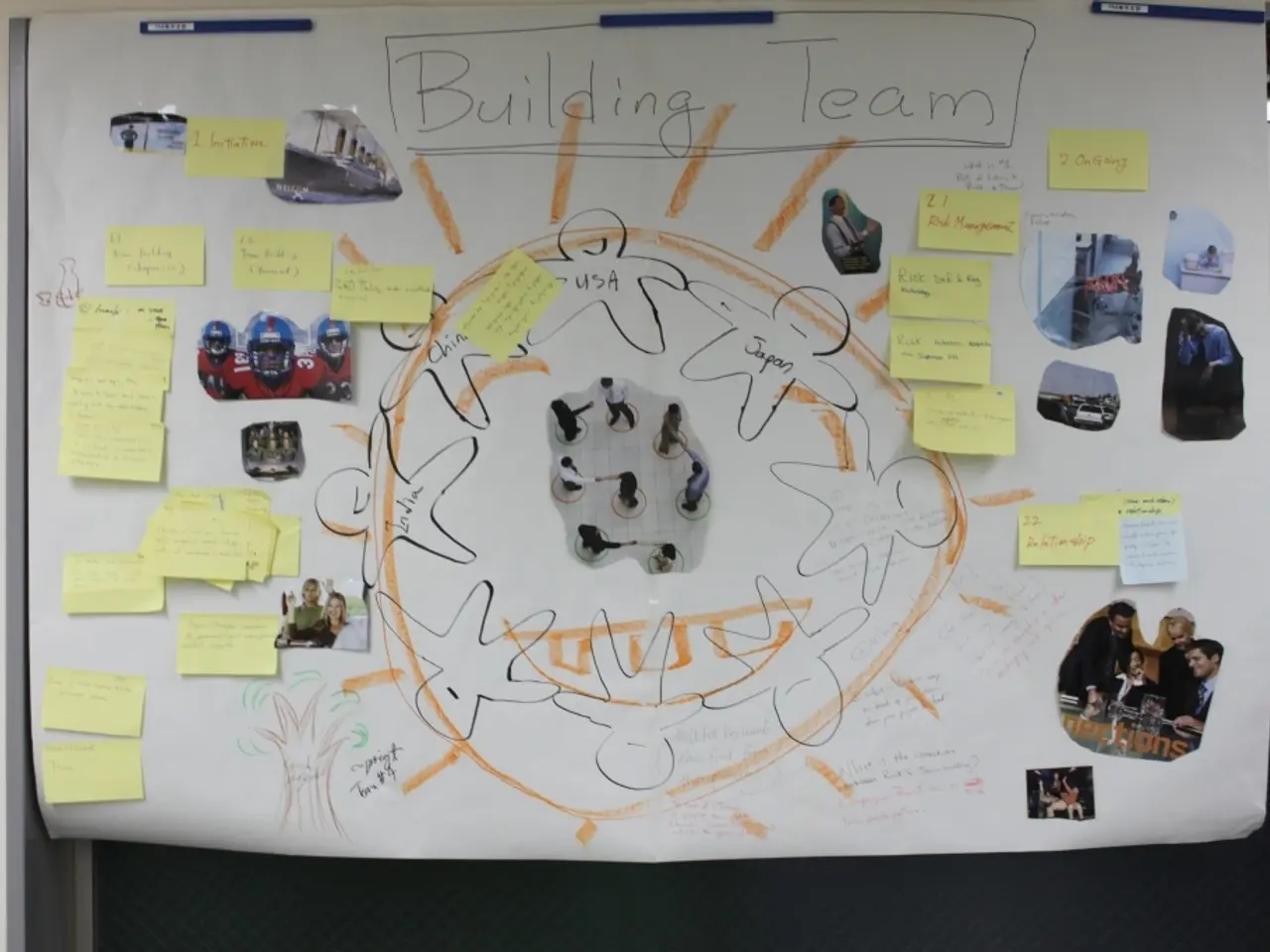Slower walking pace linked to accelerated aging, adhering to these exercise guidelines may extend life span - assertion by a Harvard professor
In a world where sedentary lifestyles are becoming increasingly common, maintaining a brisk walking pace has emerged as a crucial aspect of health and well-being. Numerous studies suggest a strong positive correlation between walking speed and cognitive function, indicating that slower walking speed is associated with both physical and cognitive decline.
One such exercise that can help increase gait speed is the step-up exercise. This simple yet effective exercise, when performed regularly, can aid in boosting your walking speed.
For those who prefer seated exercises, the seated calf raise and the glute bridge are also recommended. These exercises, when combined with a regular walking routine, can help improve your gait speed significantly.
The importance of walking speed extends beyond just physical fitness. A study published in the British Medical Journal in 2009 found that slower walkers among men and women over 65 had an increased risk of cardiovascular mortality. Similarly, a 2005 study linked a decline in gait velocity for over 75-year-olds with an increased risk of hospitalization.
A sudden decline in gait speed could be an early warning signal of a more serious health condition. This decline could be a result of adopting a more sedentary lifestyle, leading to a decline in muscle strength, mobility, and general fitness.
In the realm of cognitive function, slower walking speed has been identified as an independent risk factor for cognitive impairment. Research in Parkinson’s disease (PD) patients shows that slower walking speed and shortened step length correlate with cognitive impairment and dementia, with gait disturbances serving as early markers of cognitive decline and disease progression.
In general aging populations, slow walking speed is a significant predictor of cognitive decline. A longitudinal study involving nearly 3,000 older adults found that regular walking and maintaining or increasing walking levels improve executive function and processing speed, reducing the risk of dementia and Alzheimer's disease, especially in those genetically predisposed.
Physical activity including walking supports cognitive function by improving cardiovascular fitness, enhancing cerebral blood flow, and modulating neuroinflammatory processes, all of which contribute to mitigating cognitive decline. Walking tests assessing gait complexity also correlate with cognitive and motor decline in neurological disorders, further underscoring the link between walking performance and cognition.
For those who are cancer survivors, following the exercise guidelines can help increase gait speed. According to Christina Dieli-Conwright, a professor of medicine at Harvard Medical School, the slower you walk, the faster you age, and this can increase the risk of falls, hospitalizations, and decrease survival.
Modern fitness or running apps like Strava or Runna can help you monitor your walking pace, typically recorded as time per kilometer. For a more formal measurement, the 10-Meter Walk Test, detailed by McMaster University in Canada, can be used to measure your normal walking pace.
In summary, slower walking speed is both a marker and a predictor of cognitive and physical decline. Regular walking can protect or slow this decline by maintaining brain health and physical fitness. It's never too late to start walking and reap the numerous benefits it offers for your overall well-being.
- Incorporating yoga and cardio exercises, in addition to regular walking, can further boost your gait speed and overall fitness-and-exercise routine, contributing to better health-and-wellness.
- The science of aging reveals that engaging in exercises like yoga, which enhance flexibility and balance, can help counteract the effects of slowing down with age, making walking easier and improving cognitive function.
- For cancer survivors, integrating yoga and cardio exercises into their fitness regime, along with maintaining a brisk walking pace, can help increase gait speed and support general health and well-being, potentially reducing the risk of falls or hospitalizations.




